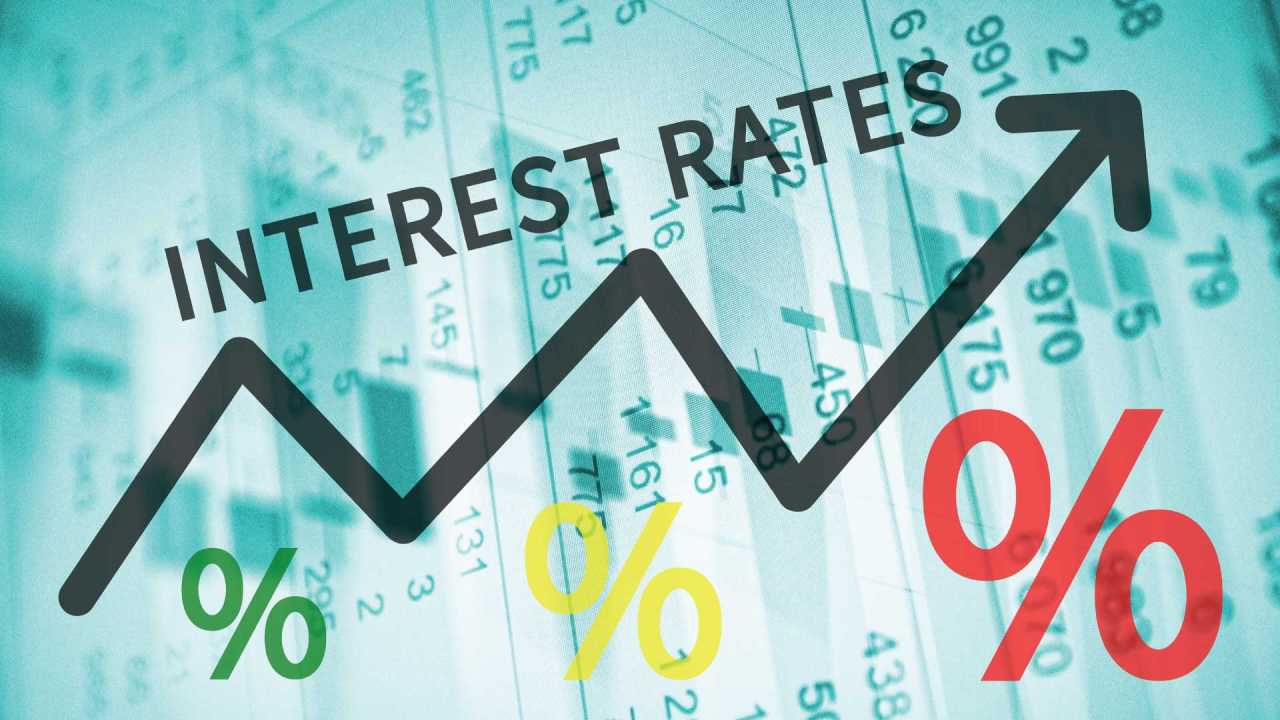Featured
The Impact of Economic Factors on Forex Trading in Nigeria

Forex trading, the largest financial market in the world, offers Nigerian investors and traders the opportunity to participate in the global economy by exchanging foreign currencies. As with any financial market, many economic factors influence forex trading in Nigeria, which can drive currency fluctuations.
Understanding these economic indicators and their impact on the Nigerian forex market is crucial for making informed trading decisions and managing risks effectively. In this article, we will explore the key economic factors that influence forex trading in Nigeria and their significance in shaping currency values.

Interest Rates and Monetary Policy
Changes in interest rates can influence the attractiveness of the Nigerian Naira (NGN) as an investment currency. Higher interest rates tend to attract foreign capital seeking better returns, increasing demand for the NGN and potentially strengthening its value against other currencies.
Conversely, lower interest rates may lead to capital outflows as investors seek higher returns elsewhere, resulting in a weaker NGN. Forex traders closely monitor the CBN’s monetary policy statements and meetings to anticipate potential interest rate changes and assess their likely impact on forex markets.

Economic Growth and GDP Data
Economic growth indicators, such as Gross Domestic Product (GDP) data, are crucial in shaping forex trading in Nigeria. Strong GDP growth signals a healthy and expanding economy, making the NGN more attractive to investors and potentially leading to currency appreciation.
On the other hand, weak economic performance may lead to reduced investor confidence, resulting in a weaker NGN. Forex traders closely monitor GDP reports to gauge the overall economic sentiment and make informed trading decisions based on the country’s economic outlook.
![]()
Inflation Rates and Purchasing Power
Inflation rates directly impact the purchasing power of a country’s currency. High inflation erodes the real value of the NGN, leading to a decline in its exchange rate against other currencies. On the contrary, lower inflation can strengthen the NGN’s purchasing power and lead to currency appreciation.
Forex traders analyze inflation data as part of their fundamental analysis to assess potential long-term trends and the impact of inflation on currency values. Central banks, including the CBN, often use monetary policy measures to control inflation and stabilize the currency.
Trade Balance and Current Account Deficit
The trade balance and current account deficit influence forex trading by affecting Nigeria’s demand and supply of foreign currencies. A trade deficit, where the value of imports exceeds exports, implies a higher demand for foreign currencies, potentially leading to a weaker NGN.
Conversely, a trade surplus, where exports exceed imports, can strengthen the NGN. Forex traders closely monitor trade balance and current account data to anticipate currency movements and adjust their trading strategies accordingly.

Political Stability and Geopolitical Events
A stable political environment fosters investor confidence and contributes to a stronger NGN. However, political uncertainties or geopolitical events, such as elections, conflicts, or policy changes, can create volatility in currency markets.
Such events may lead to fluctuations in the NGN’s value as investors adjust their positions based on changing risk perceptions. Forex traders closely follow political developments and geopolitical events to assess their potential impact on currency rates.

Foreign Investment and Capital Flows
Positive FDIs and capital inflows boost the NGN’s value as foreign investors seek opportunities in the country. On the other hand, capital flight, where investors withdraw their investments from Nigeria, can lead to a weaker NGN. Traders carefully track foreign investment data and capital flow trends to gauge investor sentiment and anticipate currency movements.
Central Bank Interventions
The Central Bank of Nigeria occasionally intervenes in the forex market to stabilize the NGN or manage its exchange rate. Central bank interventions can cause short-term volatility and impact currency trends.
For instance, the CBN may engage in direct forex market interventions to influence the NGN’s value or enforce specific exchange rate policies. Traders must be aware of such interventions and their potential consequences to adjust their trading strategies accordingly.
Oil Prices and Commodity Exports
Nigeria’s economy heavily relies on oil exports. Fluctuations in global oil prices can significantly influence the NGN’s value, given its impact on Nigeria’s foreign exchange reserves and overall economic health.
As a major oil exporter, changes in oil prices can affect Nigeria’s revenue and trade balance, leading to currency fluctuations. Forex traders closely monitor oil prices and commodity export data as part of their fundamental analysis to assess the NGN’s performance and make well-informed trading decisions.











